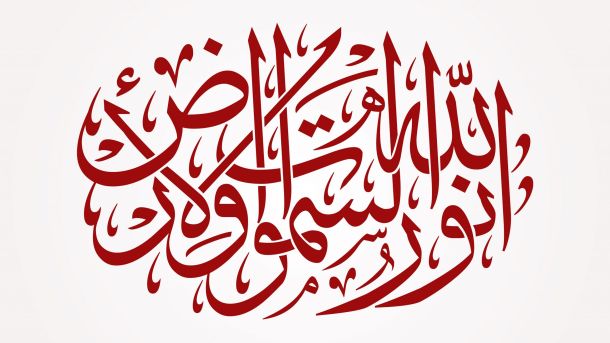News Archive
Nov 4, 2015
Do Not Follow in the Footsteps of al-Shayṭān
The Khatīb exemplifies how al-Shayṭān calls the worshipper to fall into sins that deaden the heart.
Oct 21, 2015
Answer Allāh and His Messenger When He Calls You to What Will Give You Life
يَا أَيُّهَا الَّذِينَ آمَنُوا اسْتَجِيبُوا لِلَّـهِ وَلِلرَّسُولِ إِذَا دَعَاكُمْ لِمَا يُحْيِيكُمْ ۖ وَاعْلَمُوا أَنَّ اللَّـهَ يَحُولُ بَيْنَ الْمَرْءِ وَقَلْبِهِ وَأَنَّهُ إِلَيْهِ تُحْشَرُونَ
O you who believe! Answer Allāh (by obeying Him) and (His) Messenger when he (ṣalla Allāhu ʿalayhi wa-sallam) calls you to that which will give you life, and know that Allāh comes in between a person and his heart (i.e. He prevents an evil person to decide anything). And verily to Him you shall (all) be gathered.
[al-Anfāl, 8:24]
Oct 21, 2015
We Need a Ramaḍān
With the end of Ramaḍan fast approaching, this lecture by our noble brother Abu ʿUways, (may Allāh have mercy upon him), serves as a poignant reminder for the believers to make the most of what is left, and cling to the worship and obedience of Allāh like one would cling to a sinking ship seeking salvation.
This noble and blessed month of Ramaḍan is a month of mercy, a month in which Allāh accepts the tawbah of His servants; a month in which the doors of the fire are closed, and the doors of the Paradise are open for those who seek its abode. In it lies the opportunity to increase ou…
Oct 21, 2015
The Merits of the Last Ten Days of Ramaḍān
Indeed as we all know our religion is a religion of sincerity and advice as the Prophet (ﷺ) informed us. In our effort to advise and remind one another of these days we are living in now, which are the last ten days of Ramaḍān, we would like to give a brief reminder to the believers, and the work we have selected is the wonderful work by our noble scholar Shaykh Ṣalīḥ al-Fawzān (may Allāh preserve him and give him good health). He has a book called ‘Majālis Shahr al-Ramaḍān al-Mubārak’, Gatherings of the Blessed Month of Ramaḍān.
With regards to the history of this beneficial work, t…








